I am currently reverse engineering a software sample in which the original author has pre-defined a series of unicode data types/variables into the .data portion of the sample upon compilation. Thus, since they seem to be compiled into the executable itself, I cannot find where the code where they are written (obviously).
THUS, my question... how did the original author, using C/C++, compile these variables into the .data portion of the executable? Through an #include statement? What would the C/C++ psydo-code look like? Or is it a "variable.c" that was converted into an "variable.o" and added into the GCC compiler as an arguement?
Any ideas/suggestions/theories are appreciated.
